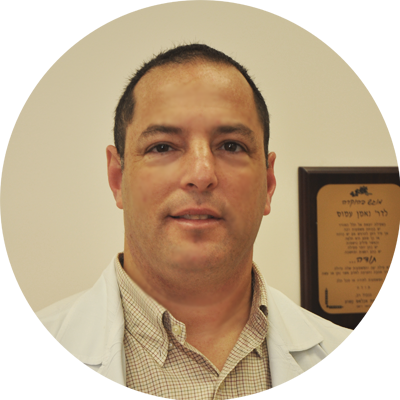Patients with Elevated versus Non-Elevated Prostate Specific Antigen Levels before Suprapubic Prostatectomy: Long-Term Postoperative Follow-Up and Risk for Rising Prostate Specific Antigen and Detection of Prostate Cancer
Objective: Prostate specific antigen (PSA) is one of the most widely applied tumor markers in oncology. The marker is, however, not cancer-specific and may be elevated under other conditions. As prostate cancer may develop after surgery for benign prostate hyperplasia, postoperative follow-up of serum PSA levels is suggested in patients with at least a 10 year life expectancy. We evaluated the preoperative and monitored postoperative serum PSA levels in men who underwent suprapubic prostatectomy (SPP) for benign prostate hyperplasia, and specifically examined the rate of cancer detection in patients who had a non-elevated versus elevated age-related preoperative PSA. Patients and Methods: Two hundred and ninety-two patients who presented with benign histopathology after SPP, completed postoperative follow-up. Of those, 101 patients were found to have elevated preoperative PSA levels and a negative transrectal biopsy before the operation. The other group included 191 patients with preoperative PSA within age related limits. Results: PSA levels continued to be elevated in 11.8% of patients in the elevated PSA group compared with 3.5% in the non-elevated PSA group. Incidental surgical specimen cancer detection rate was 7 (6.5%) and 3 (1.5%) whereas follow-up cancer detection rate was 4 (3.9%) and zero in the elevated PSA group and non-elevated PSA group, respectively. In a logistic regression model, 2 factors were found to be statistically significant: age – the older the patient undergoing the operation, the greater was the likelihood to develop malignancy on follow-up. The second factor was the ratio between preoperative and postoperative PSA (prePSA – postPSA)/prePSA. Conclusions: This study is the first to compare long-term follow-up in patients after SPP with preoperative elevated PSA levels to those who have normal preoperative levels. The first group was found to have an increased risk incidental cancer in the surgical specimen, and of elevated PSA levels and eventually development prostate cancer upon follow-up.


